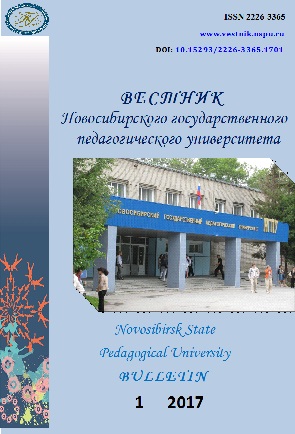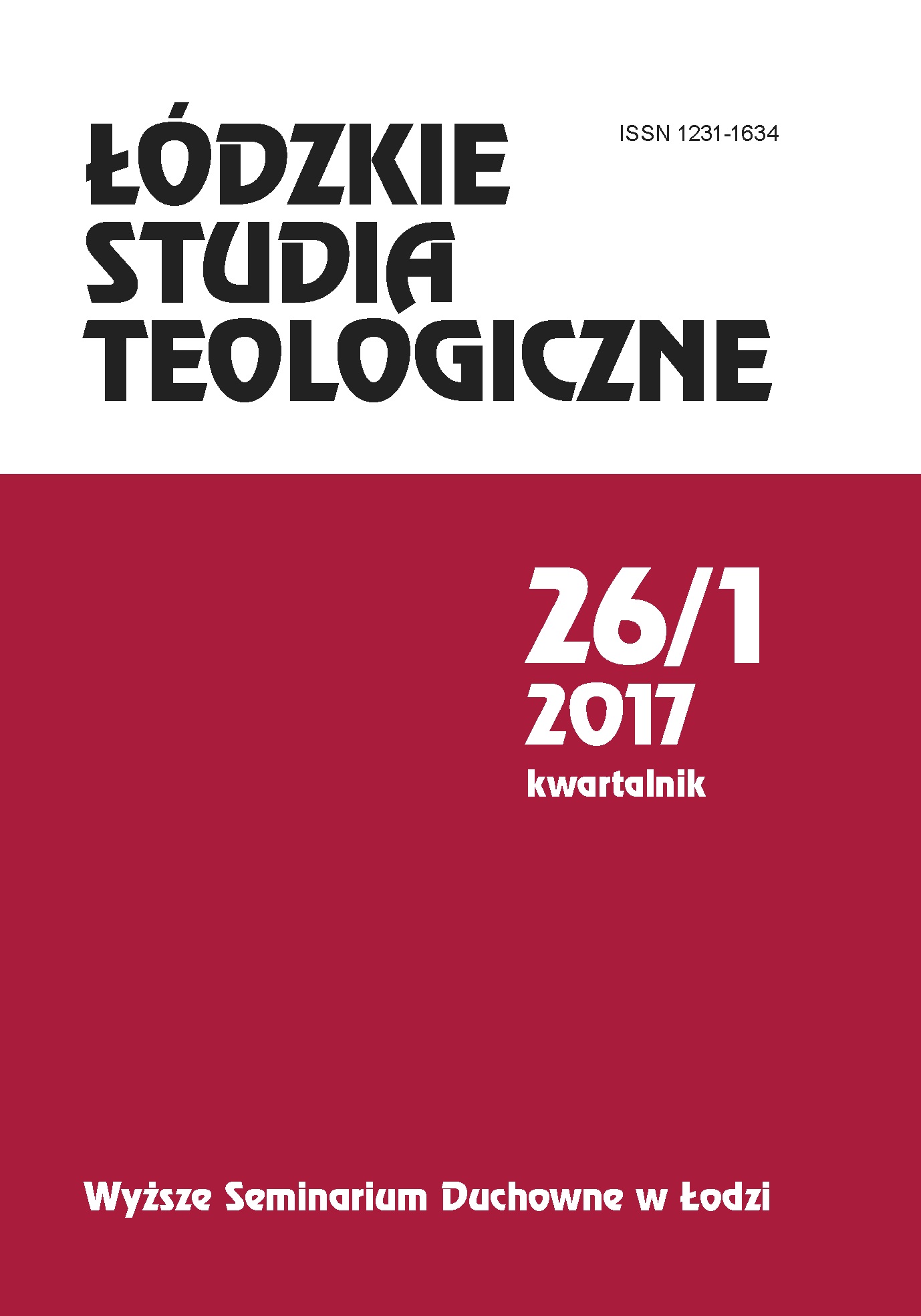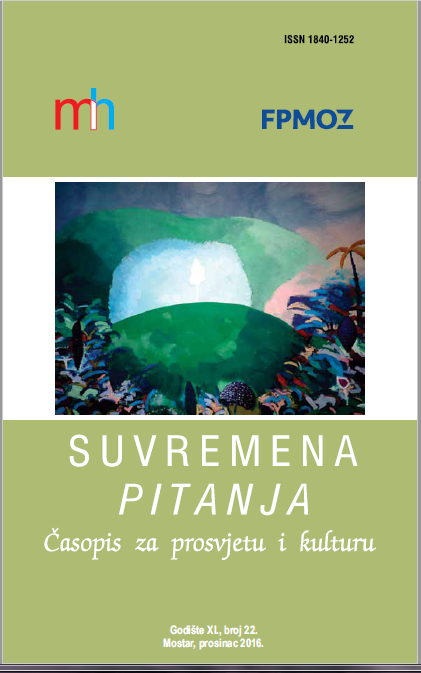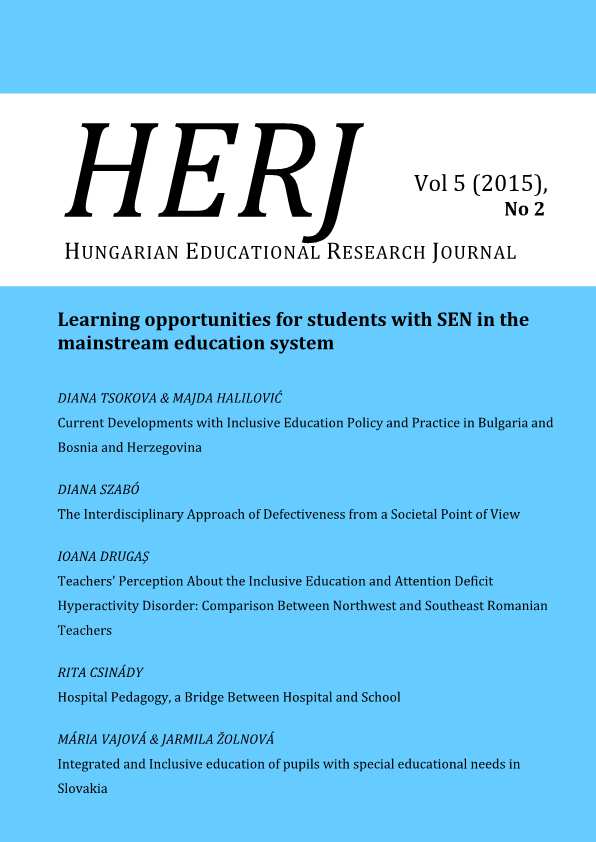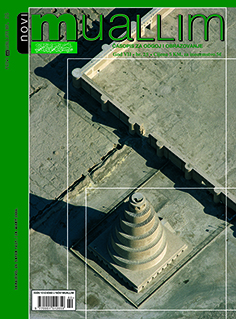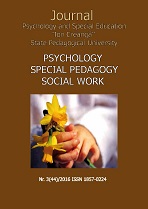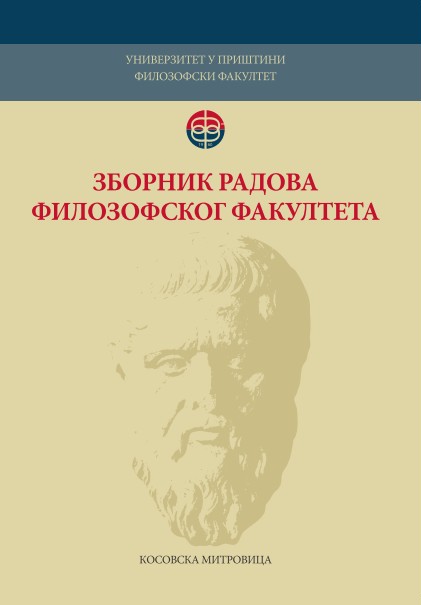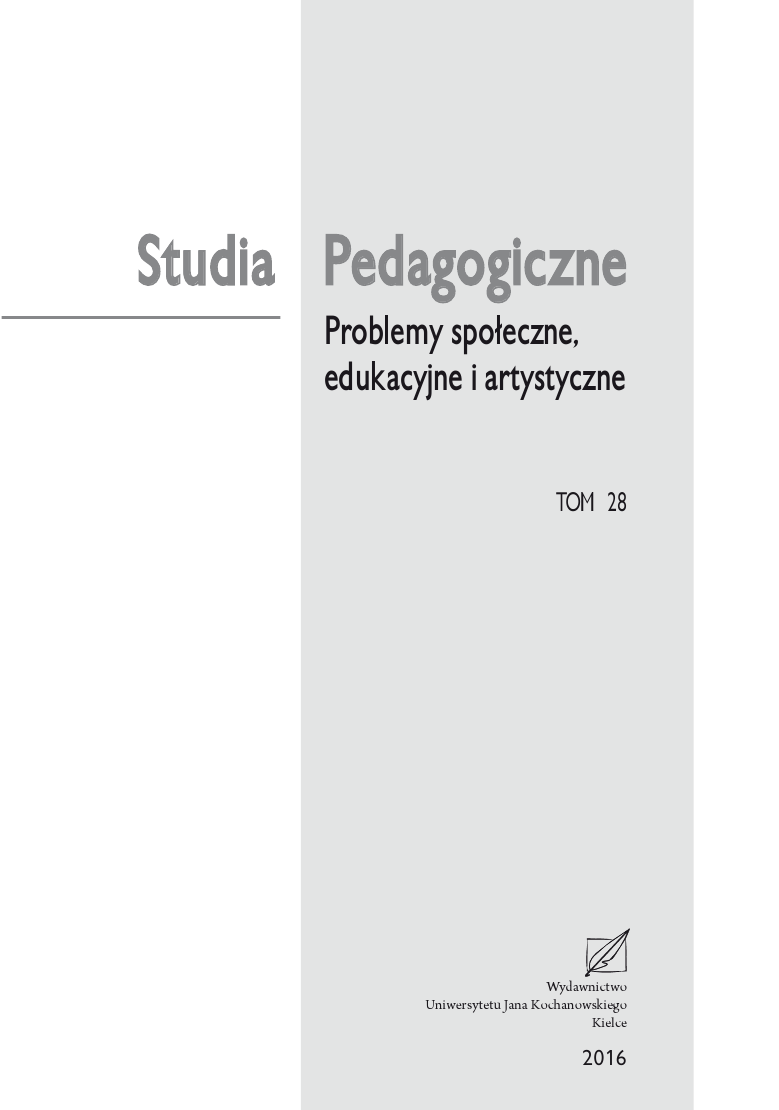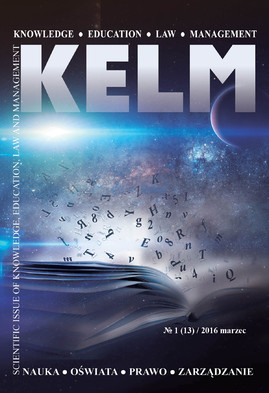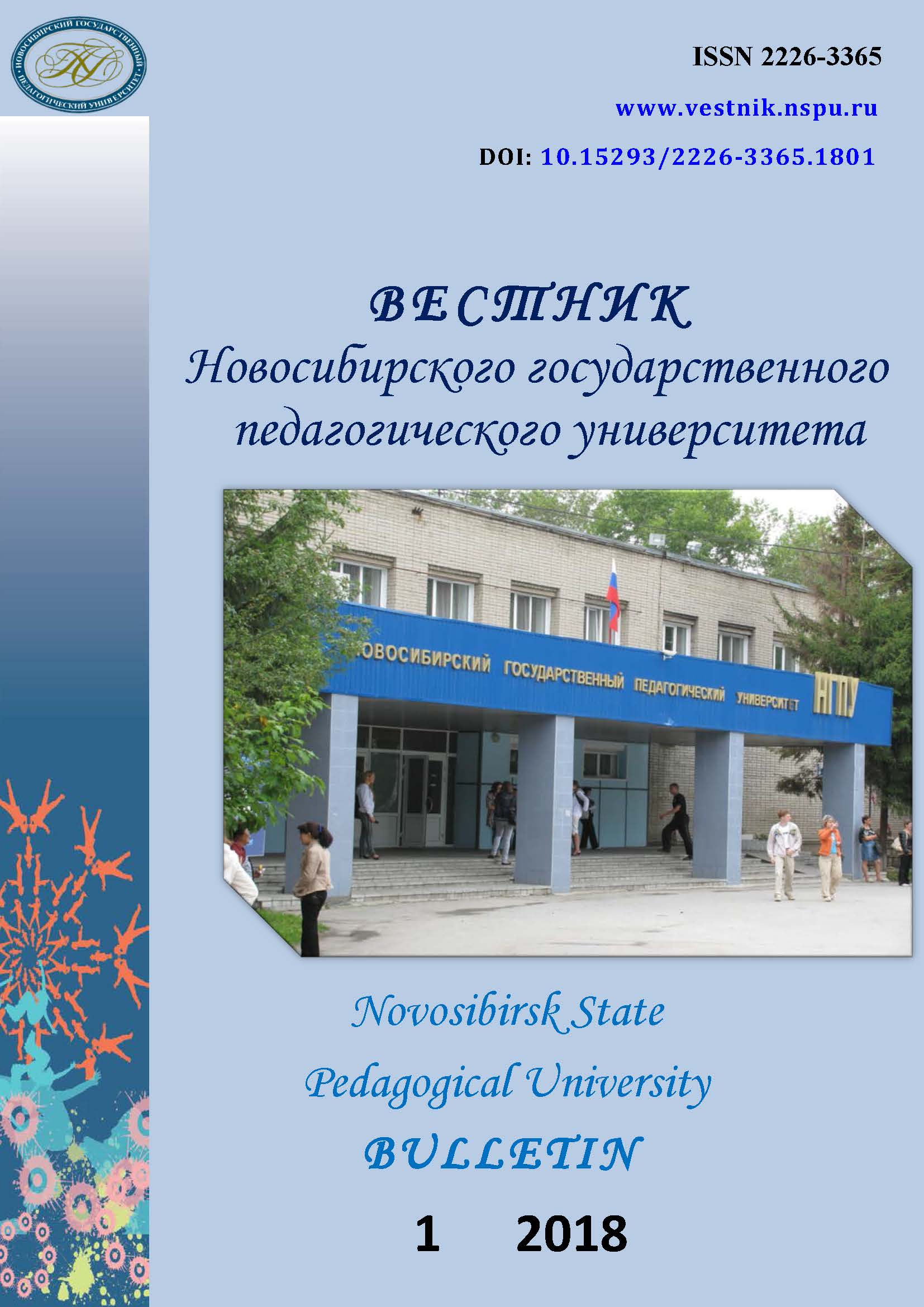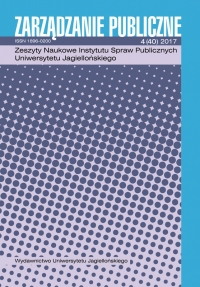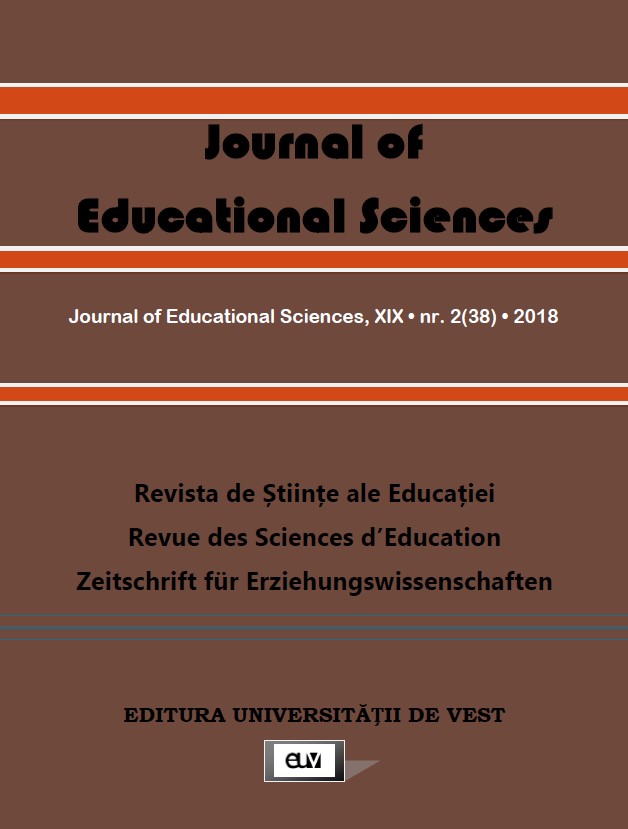Author(s): Milana Rajić,Ivana Mihić / Language(s): Serbian
Issue: 2/2017
Enhancing early education quality has become a priority in the field of early childhood development, in the past decade. Much research has been implemented in order to investigate the factors contributing to the programme quality. Some of the research was aimed to investigate teachers’ perspective on inclusion of children with disabilities, as they play a central role in providing quality. The research often shows that teachers don’t feel confident enough, have low self competence, low motivation for work and negative attitudes towards children with disabilities. The aim of this study was to investigate the sense of competence, motivation for working with children with disabilities and the factors contributing to these variables ˗ expectances about the problems a child may have at preschool and the contribution of the initial education and training seminars to their readiness for work with children with disabilities. The sample consisted of 115 preschool teachers, from Vojvodina. The instrument was developed for the purpose of a broader research. It contained a vignette, with the description of the child with disability, in relation to which the participants assessed (1) the sense of competence and motivation for working with child with disability, (2) the expected problems that a child may have at preschool – the problems in establishing contacts with peers and social interaction, relying on the educator’s support and care, the problems in perceiving the teacher as an educator, in emotional response and regulation, and the problems in cognitive and speech development, (3) the contribution of initial education and training seminars to readiness for work with children with disabilities. In order to address the research questions, we conducted two hierarchical multiple regression analyses. In the first, the dependent variable was the sense of competence; in the second, it was motivation for work. In both models, the first set of predictors contained variables related to the expected problems at preschool, and the second set contained variables related to contribution of the initial education and training seminars to readiness for work with children with disabilities. The results have shown that the two sets of predictors significantly contributed to explanation of the sense of competence and motivation for working with children with disabilities, although there was no contribution of individual predictors. The results suggest that preschool teachers have the tendency to form stereotypical presentation of children with disabilities, which can lead to lower motivation and sense of competence in work with them. The results were also discussed in relation to the quality of formal and informal education provided to preschool teachers.
More...

